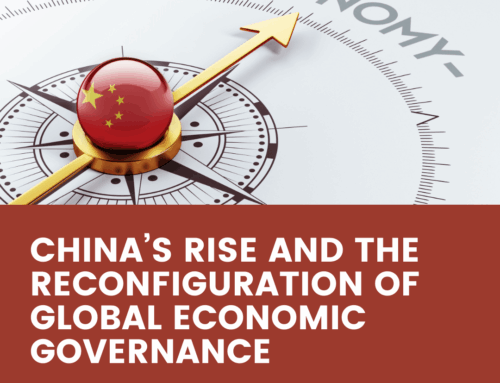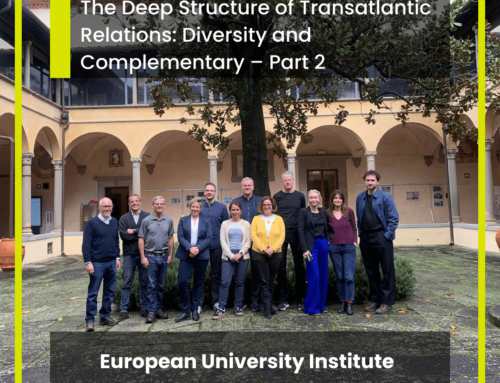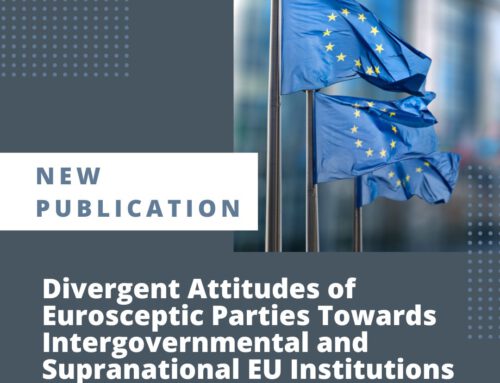Recent discussions of accountability in contexts of expert knowledge raise questions about the limits of transparency. Against this background, we discuss the nexus between expert knowledge and meaningful accountability – that is, context-sensitive accountability based on a genuine understanding of a situation. We argue that the concentration of expertise in certain institutions makes it difficult to hold those institutions accountable. In particular, three components challenge meaningful accountability: specialization, inaccessibility and potential biases or conflict of interest. We emphasize the role of ‘epistemic communities’ and their impact on the tension between expert knowledge and independence. Drawing on the deliberative systems literature, we discuss how expert knowledge might be communicated to outsiders to enable meaningful accountability. To illustrate our argument, we draw on the European Central Bank, a case study in which states have chosen a delegation design characterized by a high degree of independence and trust in expert knowledge, to the detriment of accountability. We sketch possible avenues for creating the conditions for meaningful accountability even in the case of institutions with highly concentrated expertise.
Heldt, E., & Herzog, L. (2022). The Limits of Transparency: Expert Knowledge and Meaningful Accountability in Central Banking. Government and Opposition, 57(2), 217-232. doi:10.1017/gov.2020.36.





